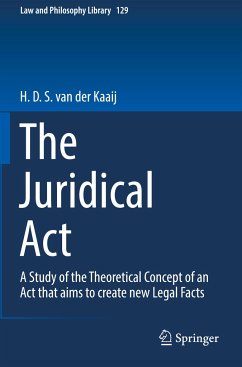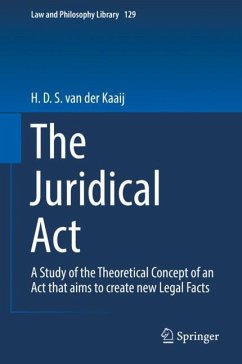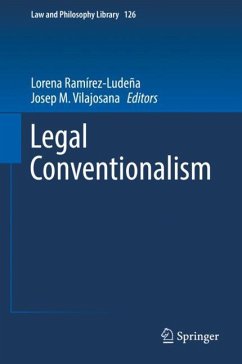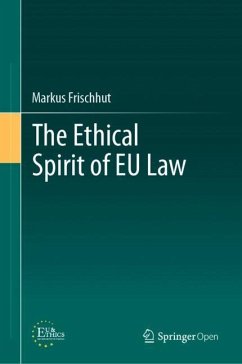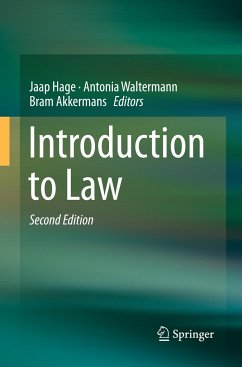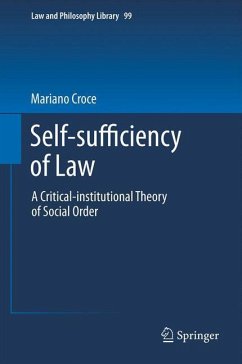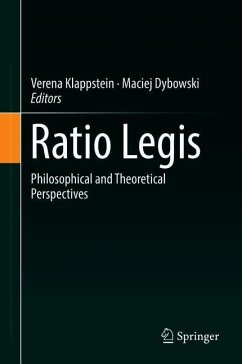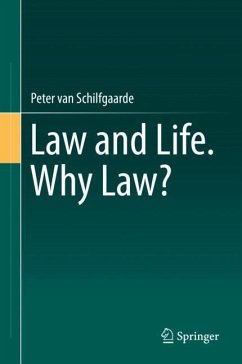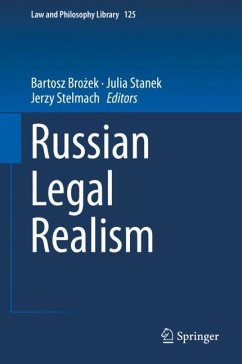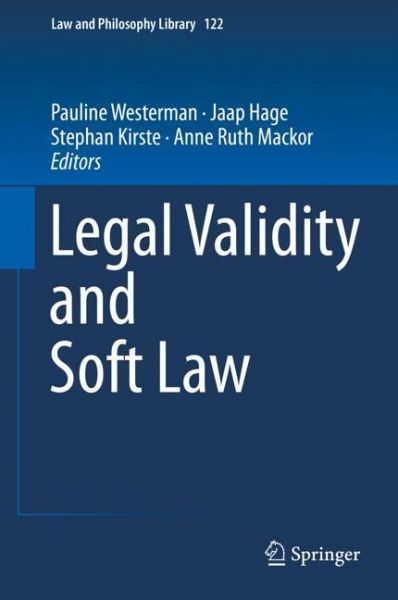
Legal Validity and Soft Law

PAYBACK Punkte
49 °P sammeln!
This book features essays that investigate the nature of legal validity from the point of view of different traditions and disciplines. Validity is a fascinating and elusive characteristic of law that in itself deserves to be explored, but further investigation is made more acute and necessary by the production, nowadays, of soft law products of regulation, such as declarations, self-regulatory codes, and standardization norms. These types of rules may not exhibit the characteristics of formal law, and may lack full formal validity but yet may have a very real impact on people's lives. The ess...
This book features essays that investigate the nature of legal validity from the point of view of different traditions and disciplines. Validity is a fascinating and elusive characteristic of law that in itself deserves to be explored, but further investigation is made more acute and necessary by the production, nowadays, of soft law products of regulation, such as declarations, self-regulatory codes, and standardization norms. These types of rules may not exhibit the characteristics of formal law, and may lack full formal validity but yet may have a very real impact on people's lives. The essays focus on the structural properties of hard and soft legal phenomena and the basis of their validity. Some propose to redefine validity: to allow for multiple concepts instead of one and/or to allow for a gradual concept of validity. Others seek to analyze the new situation by linking it to familiar historical debates and well-established theories of law. In addition, coverage looks at the functions of validity itself. The discussion considers both international law as well as domestic law arrangements. What does it mean to say that something is valid? Should we discard validity as the determining aspect of law? If so, what does this mean for our concept of law? Should we differentiate between kinds of validity? Or, can we say that rules can be "more" or "less" valid? After reading this book, practitioners, scholars and students will have a nuanced understanding of these questions and more.
Chapter 6 is available open access under a Creative Commons Attribution 4.0 International License via link.springer.com.
Chapter 6 is available open access under a Creative Commons Attribution 4.0 International License via link.springer.com.



